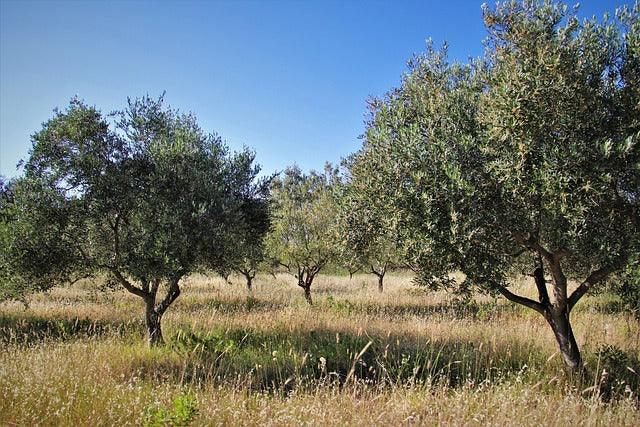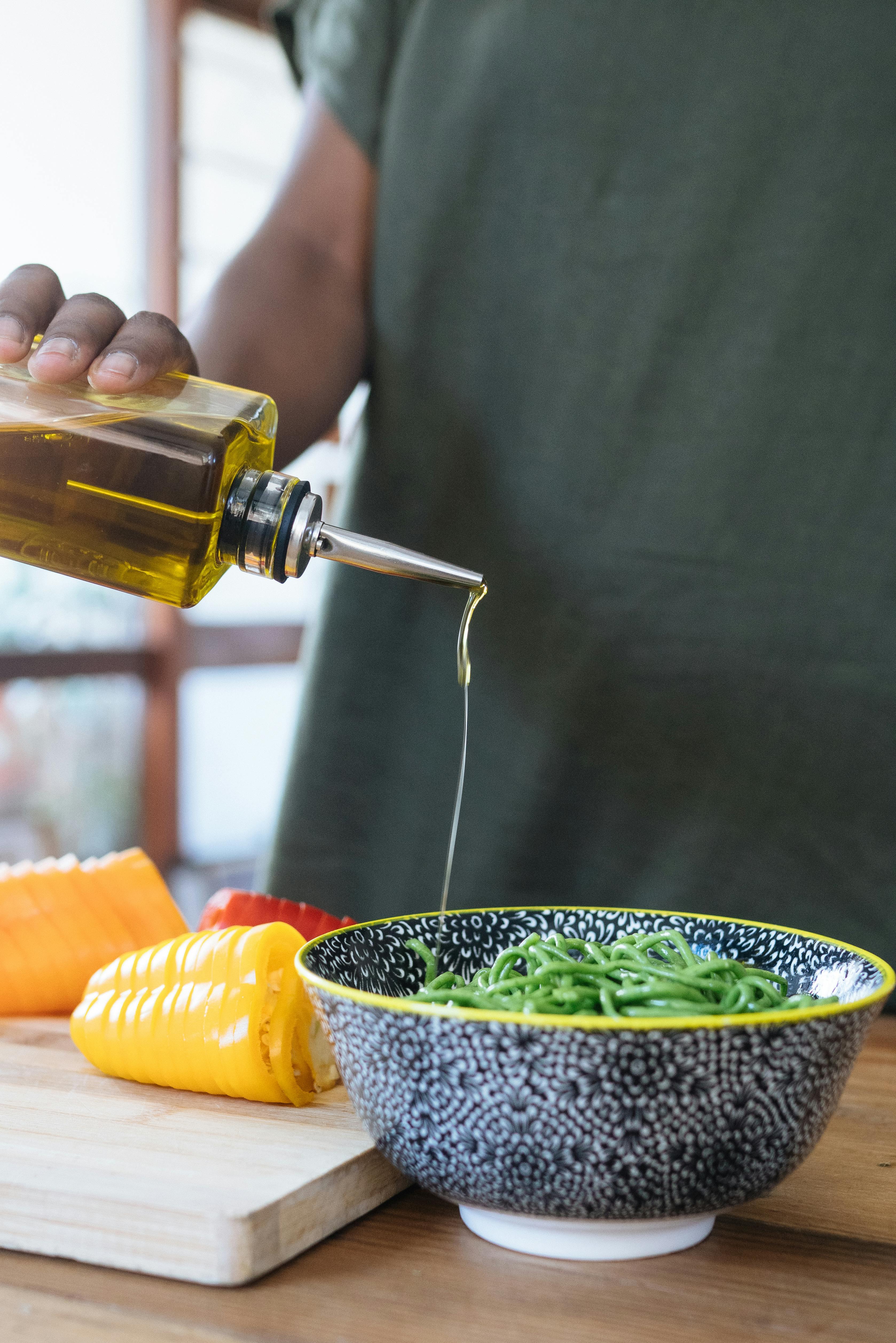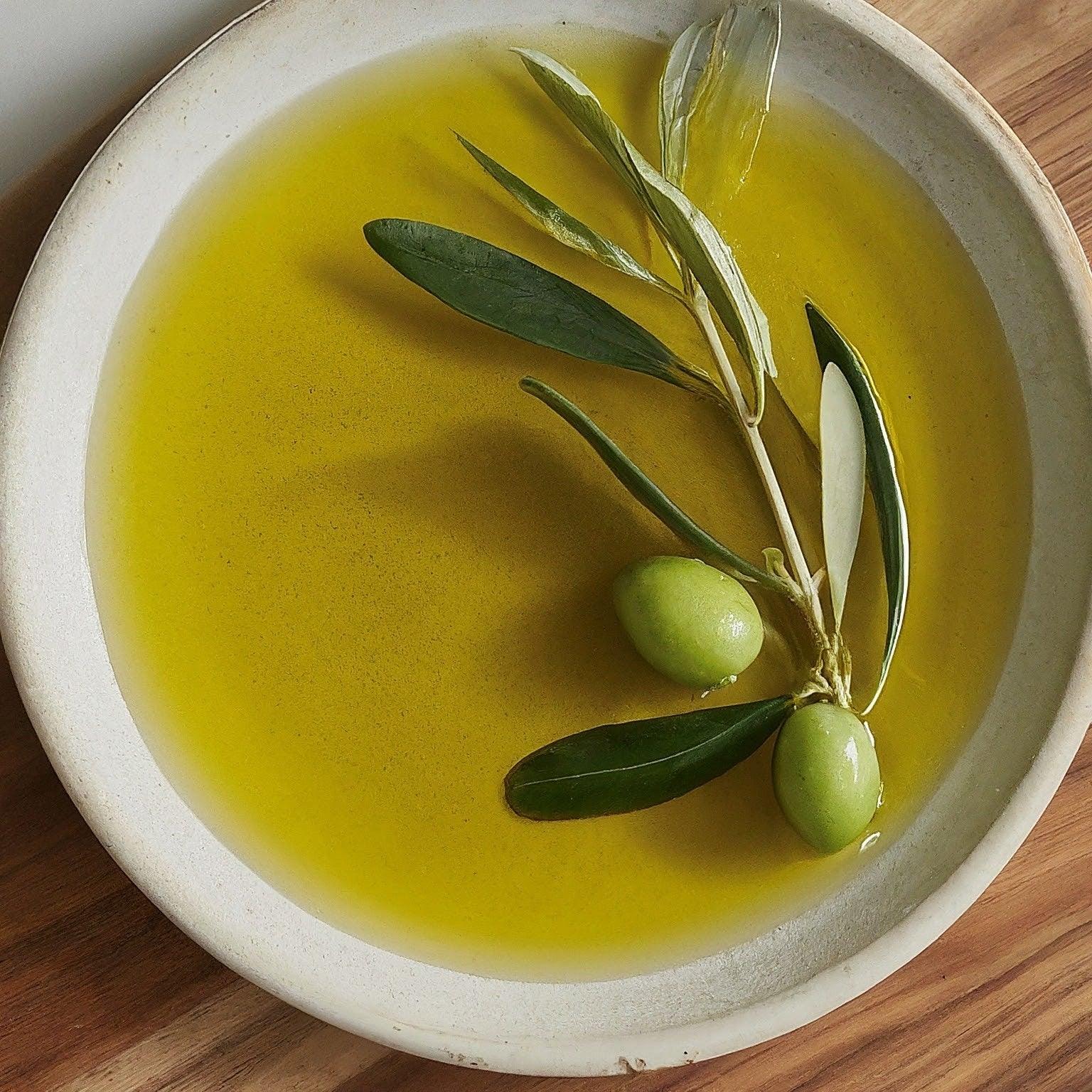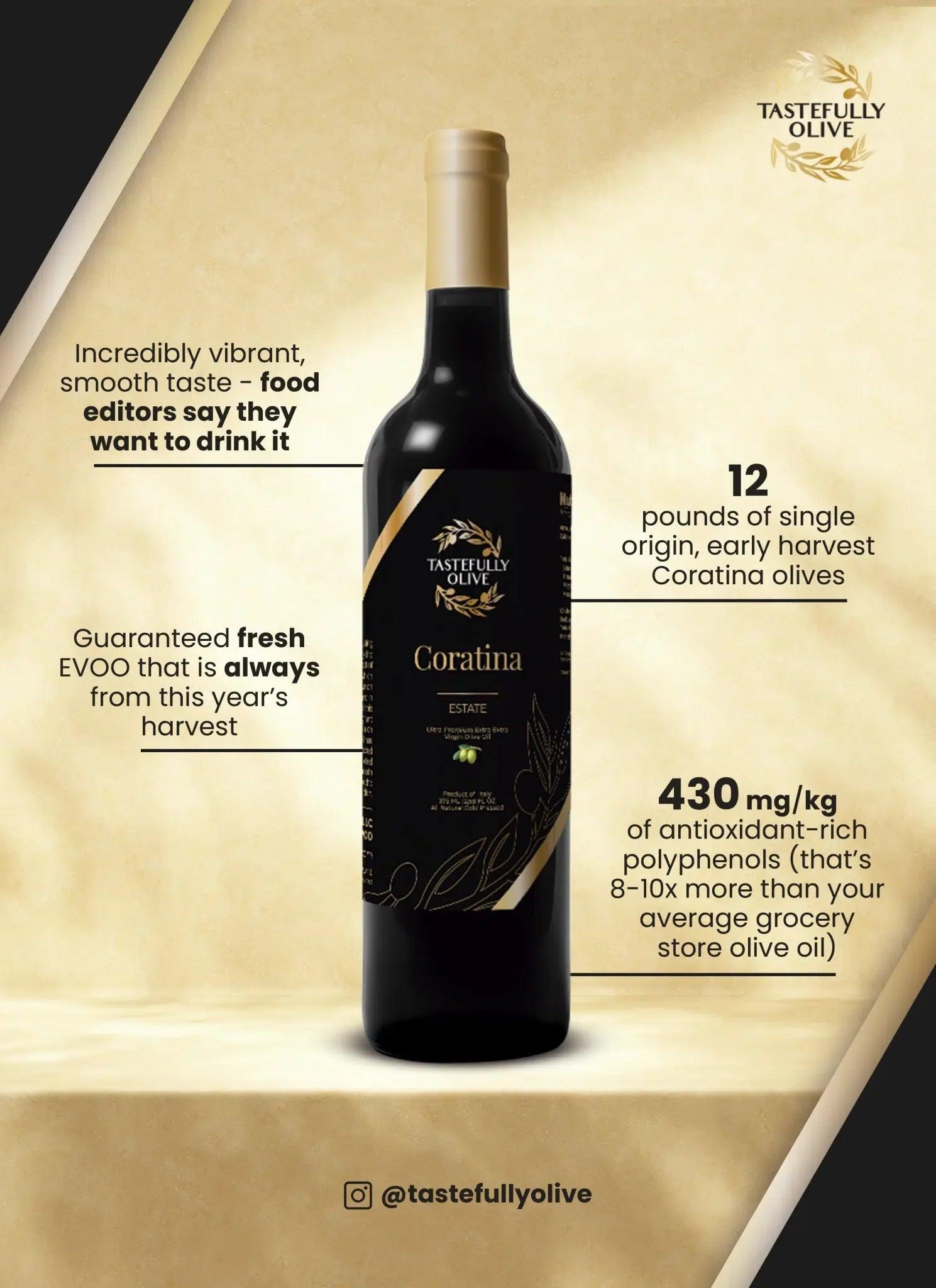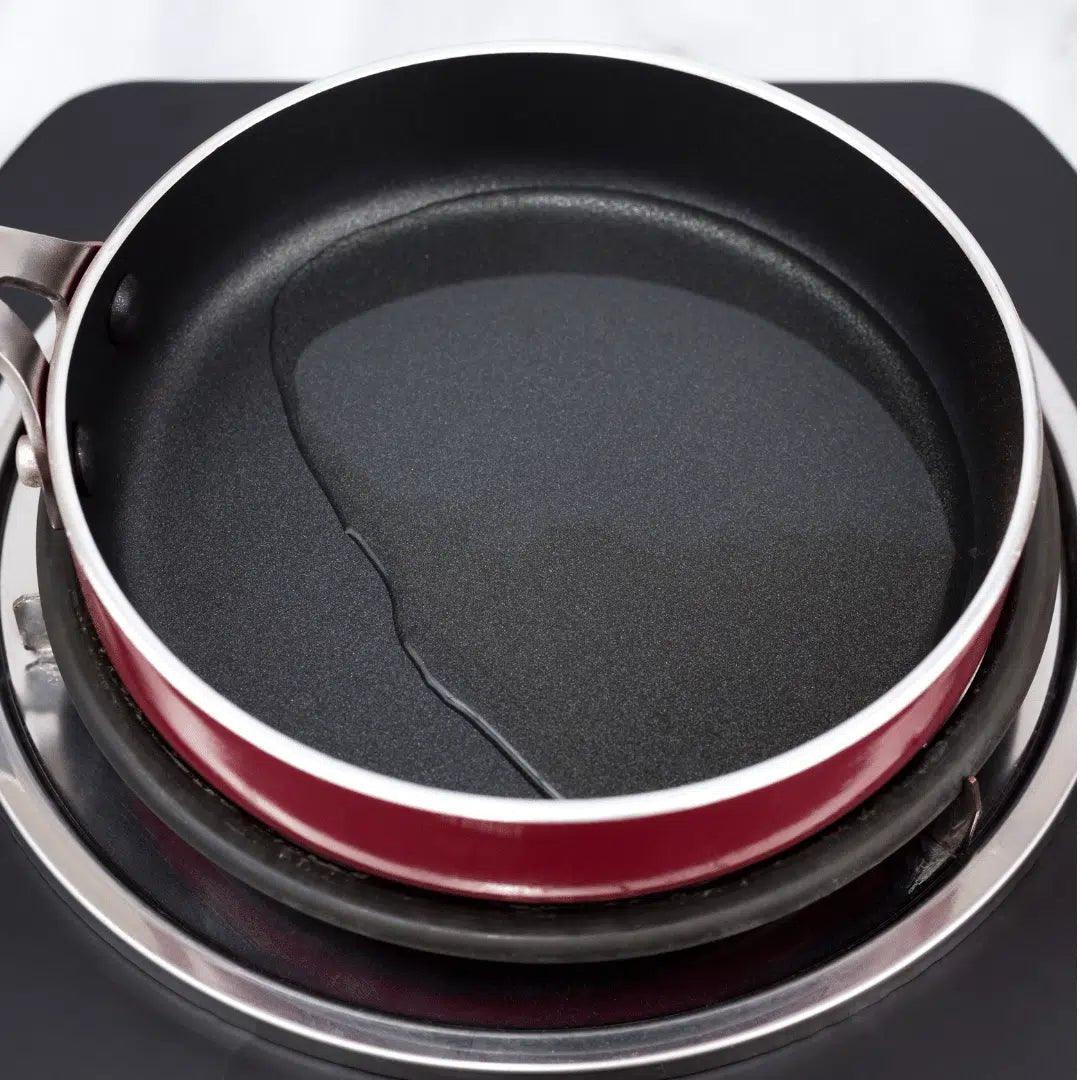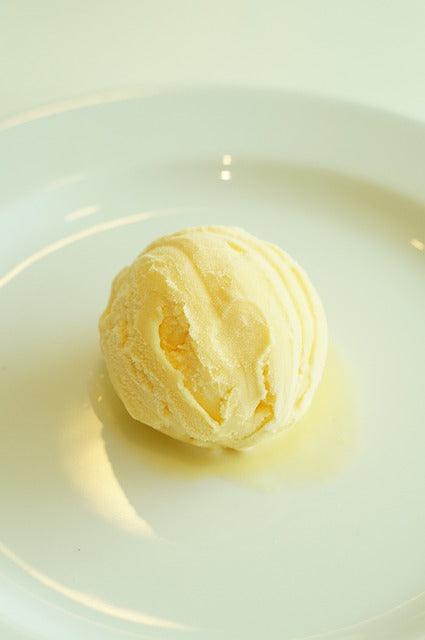Kalamata olives are a type of Greek black olives that are popular all over the world for their uniquely rich and fruity flavor. These olives are usually grown in the Messinia region of Greece, where they have been produced for centuries. Kalamata olives are known for their distinctive almond shape and deep purple color.Kalamata olives are harvested when they are still fresh and then cured in a brine solution of salt, water, and vinegar. This process gives the olives their tangy flavor and preserves them for long periods. These olives tend to be larger than other varieties of black olives and have a meaty texture that makes them perfect for snacking or cooking.These olives are widely used in Mediterranean cuisine and are a staple ingredient in dishes like Greek salad, pizza, and pasta. They are also often paired with feta cheese, which helps to balance out their salty flavor. Kalamata olives are also used to make olive oil, which is highly prized for its rich flavor and health benefits.One of the reasons that Kalamata olives are so popular is their nutritional value. These olives are packed with healthy fats, antioxidants, and vitamin E, which can help to reduce inflammation and support heart health. In fact, many studies have shown that consuming olives regularly can lower cholesterol levels and improve overall health.Overall, Kalamata olives are an excellent addition to any diet. With their rich flavor and nutritional benefits, they are a fantastic way to add a touch of Mediterranean flavor to your favorite dishes. Whether you're snacking on them straight out of the jar or adding them to your favorite recipe, these olives are sure to please any
To learn more about the rich history and benefits of olive oil, check out these additional resources:
- Health Benefits of Olive Oil
- The Mediterranean Diet Guide
External Links:
- Harvard T.H. Chan School of Public Health: The Nutrition Source
- Healthline: 11 Proven Benefits of Olive Oil
These links provide valuable information and insights that can enhance your understanding and appreciation of olive oil's historical and contemporary significance.

